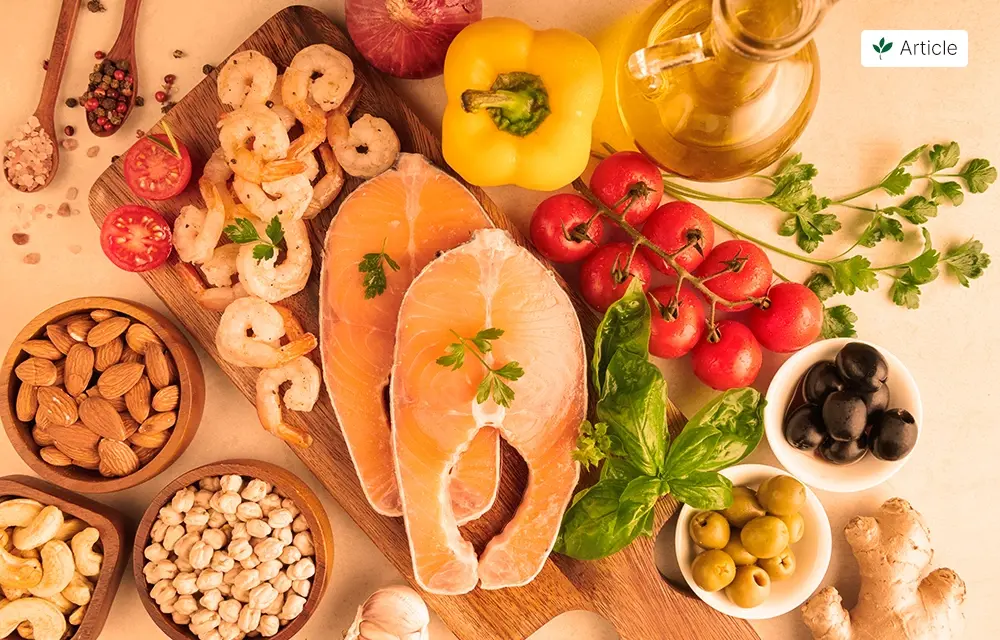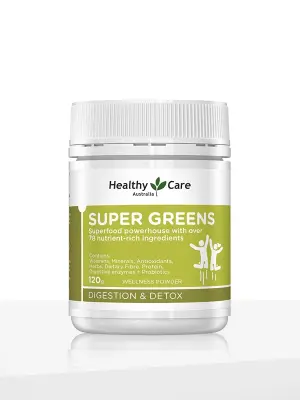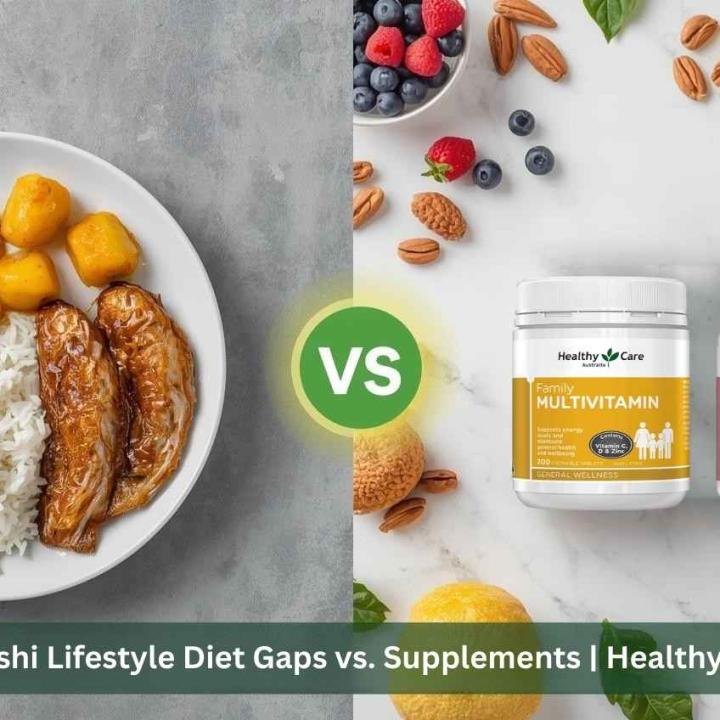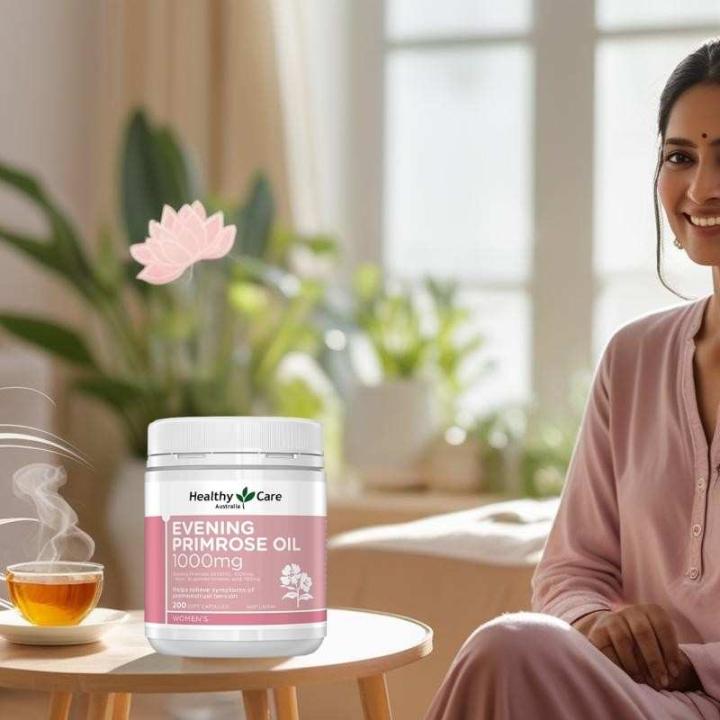
Best Probiotic Foods Available in Bangladesh
Not all probiotics come in capsules. In fact, many traditional Bangladeshi foods are naturally rich in probiotics — the friendly bacteria your gut loves. From homemade yogurt to pickles and fermented rice, this guide explores the best probiotic-rich foods in BD and how to include them in your daily routine.
Why Probiotic Foods Matter
Probiotic foods help feed and repopulate your gut microbiome. These beneficial bacteria improve digestion, boost immunity, and can even support mood. Unlike supplements, food-based probiotics also offer enzymes, fiber, and nutrients that enhance absorption.
- 🦠 Increases good gut bacteria naturally
- 🍽️ Easy to include in everyday Bangladeshi meals
- 🌿 Supports digestion, skin, and immune health
- 💸 Affordable and accessible probiotic sources
- ✅ Complements supplement-based gut routines
Top Probiotic-Rich Foods in Bangladesh
- 🥣 Yogurt (Doi): A common staple, especially homemade or full-fat varieties.
- 🥬 Fermented vegetables: Homemade achar, sauerkraut, or kimchi-style pickles.
- 🍚 Fermented rice (Panta Bhat): Traditional soaked rice that’s rich in enzymes and probiotics.
- 🥛 Lassi & buttermilk: Light dairy drinks that aid digestion after meals.
- 🧄 Fermented garlic/honey blends: Known for gut-immune synergy.
When to Add Supplements
While probiotic foods are excellent, they may not be enough during antibiotic use, gut imbalance, or IBS. That’s where supplements help — offering targeted strains and higher CFU counts for fast results.
🌿 Healthy Care Super Greens – 120g
- Includes probiotics + prebiotic-rich greens
- Supports gut balance and energy levels
- Great combo with probiotic foods for daily gut care
Explore Related Guides
FAQs – Probiotic Foods in Bangladesh
How often should I eat probiotic foods?
Ideally daily, or at least 3–5 times per week. Rotate between yogurt, fermented rice, and pickles for variety.
Are all pickles probiotic?
Not always. Only pickles made by natural fermentation (without vinegar or preservatives) contain live probiotics.
Can I take supplements with probiotic foods?
Yes. They work well together. Supplements fill in what food might lack — especially for specific strains or higher doses.





